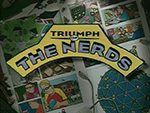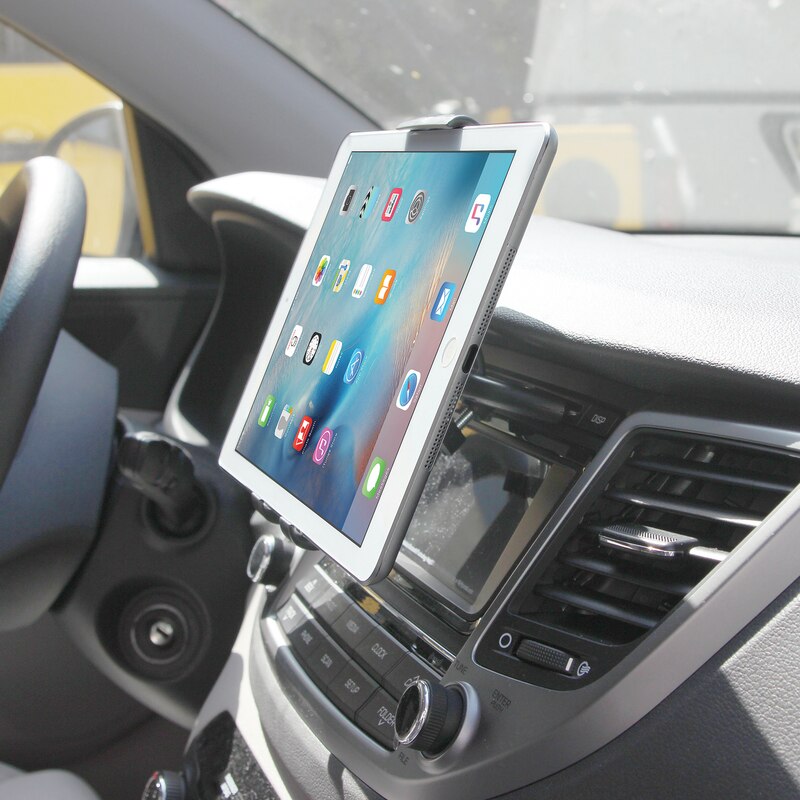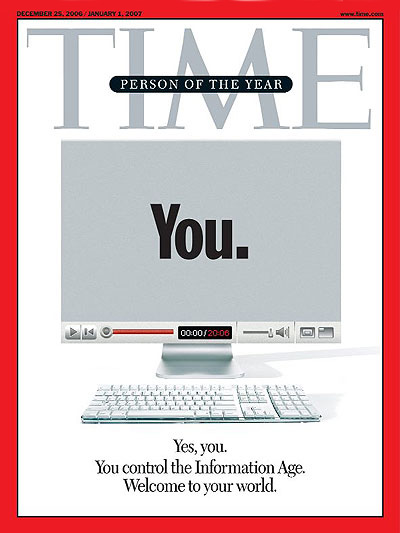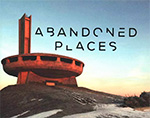 (Editor’s note: On November 6, 2020, the following letter, also embedded as a PDF file at the bottom of this post, was mailed by certified mail, return receipt requested, to The Division of Corporate Finance of The U.S. Securities and Exchange Commission.)
(Editor’s note: On November 6, 2020, the following letter, also embedded as a PDF file at the bottom of this post, was mailed by certified mail, return receipt requested, to The Division of Corporate Finance of The U.S. Securities and Exchange Commission.)
LETTER OF OPPOSITION TO REGISTRATION STATEMENT OF AIRBNB, INC.
To Whom It May Concern:
This letter is a timely formal written opposition to the registration statement of Airbnb, Inc., filed originally as a Form S-1 registration on or about August 19, 2020, for listing as a publicly-traded company on a major stock exchange. My purposes for this letter are to bring matters to the attention of the Securities & Exchange Commission consistent with the Commission’s stated mission to protect investors; maintain fair, orderly, and efficient markets; and facilitate capital formation. My opposition to the registration is based on ten years of research into Airbnb, Inc., hereafter simply “Airbnb”. This letter contains multiple reasons why the Securities & Exchange Commission should refuse the registration statement of Airbnb, Inc., issue a stop order of the registration, deny any request to accelerate the effective date of Airbnb’s registration, or, at minimum, delay registration indefinitely until a full investigation can be conducted of each and every claim alleged herein.
My research into Airbnb arises primarily from Airbnb’s relationship with its original investor, Y Combinator, LLC, hereafter “Y Combinator”. This letter also serves as a formal written opposition to the registration statement filed by every company with Y Combinator as an investor, to the extent that Y Combinator’s relationship with such company may be relevant to the SEC’s review of that company’s registration.
 Triumph of the Nerds: The Personal Computer
Triumph of the Nerds: The Personal Computer
 Prizeo Brings Together Celebrities And Charities To Increase Awareness And Raise Money
Prizeo Brings Together Celebrities And Charities To Increase Awareness And Raise Money
 Venture Deals Explains Modern Venture Capital
Venture Deals Explains Modern Venture Capital
 Five Years of Y Combinator Universe
Five Years of Y Combinator Universe









